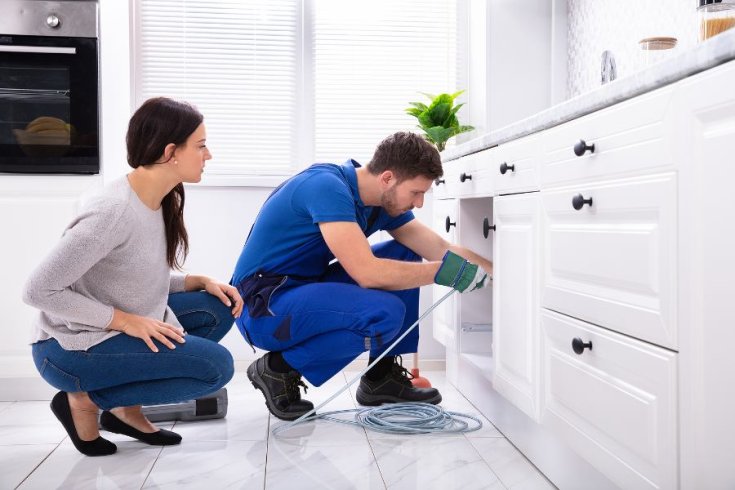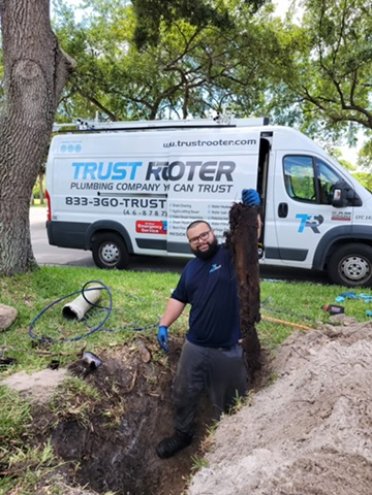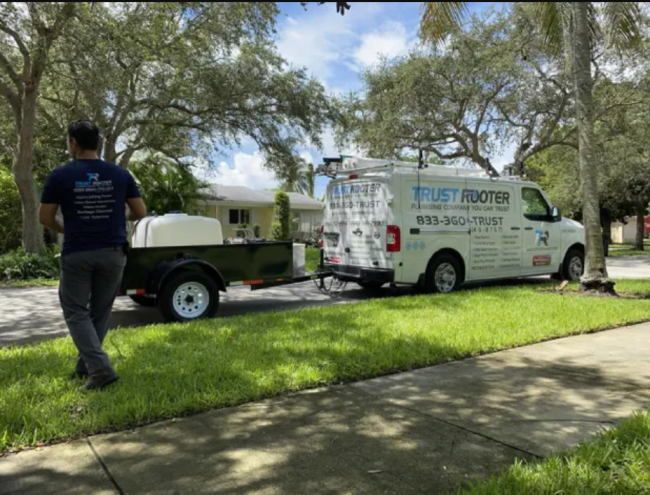Why Do I Have a Clogged Sewer Line?
A clogged sewer line is among the most common plumbing issues that homeowners deal with. Apart from being a major inconvenience, a clogged sewer line can cause sewage backup, pest infestation, and many other problems. To prevent these problems, you need to understand the common causes of a clogged sewer line.
At Trust Rooter, we are experienced sewer line repair experts, so we know a thing or two about clogged sewer lines. In this article, we will discuss the common reasons your sewer lines may get clogged and what you can do to prevent clogged sewer lines.
Mineral Buildup
If your home has hard water and you have not installed a water softener, then your sewer lines can become clogged by mineral deposits. Hard water contains high amounts of dissolved calcium, magnesium, and other naturally occurring minerals that build up in sewer pipes over time. If you don’t have an experienced plumber descale your sewer pipes early enough, the mineral buildup can result in complete sewer line blockage. Hydro-jetting is one of the most effective ways to remove mineral deposits in sewer lines.
Flushing the Wrong Items Down the Drains
This is one of the leading causes of clogged sewer lines, and many homeowners are guilty of using the toilet as a trash can at some point. Items such as baby wipes, cotton swabs, and feminine products do not break down or dissolve like toilet paper is designed to. So they’ll eventually accumulate in your sewer lines and cause sewer blockages. Similarly, pouring cooking grease, oil, and fats down your drains can result in sewer line clogs and even total blockages.
Some of the items you should never flush down your toilet include:
- Cooking grease, oil, and fat
- Baby wipes
- Dental floss
- Diapers
- Cotton balls
- Paper towels
- Cigarette butts
- Hair
- Bandages
- Medications
- Kitty litter
Tree Roots in Sewer Line
Invasive tree roots can grow into your sewer lines through small cracks in the pipes. Tree roots are naturally attracted to sewer lines because they are filled with water and nutrients. Once tree roots have penetrated sewer pipes, they continue to grow and eventually cause a complete blockage. Hydro-jetting is typically the best way to remove tree roots from sewer lines. The highly pressurized blast of water cuts through the roots so that they can be flushed out of the sewer pipes.
The following are some of the strategies to keep tree roots out of sewer lines:
- Avoid planting invasive trees and shrubs near sewer lines
- Install a physical root barrier to redirect roots away from your sewer lines
- Have a professional cut invasive tree roots using a mechanical auger
- Install durable lining within your pipe to prevent roots from breaking through
- Flush copper sulphate crystals down your drains
Call Trust Rooter for Sewer Line Repair and All of Your Plumbing Service Needs
If your sewer line is clogged and you need fast and reliable sewer line repair, reach out to Trust Rooter. Here at Trust Rooter, we take pride in providing dependable sewer line repair, sewer line replacement, maintenance, and other plumbing services. Our reliable plumbers have the expertise, experience, and state-of-the-art tools to perform high-quality sewer line repair.
Call Trust Rooter today to schedule sewer line repair service!
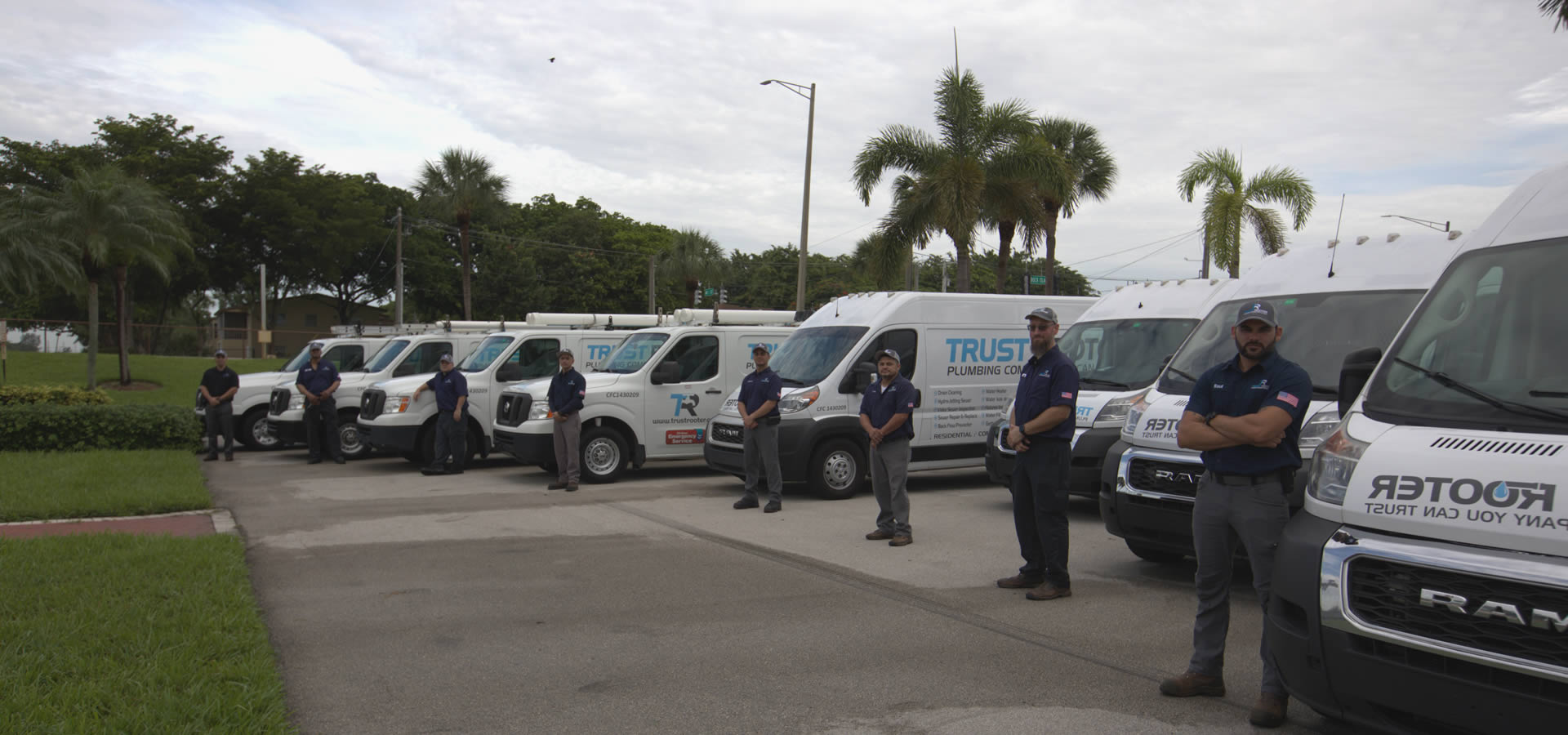
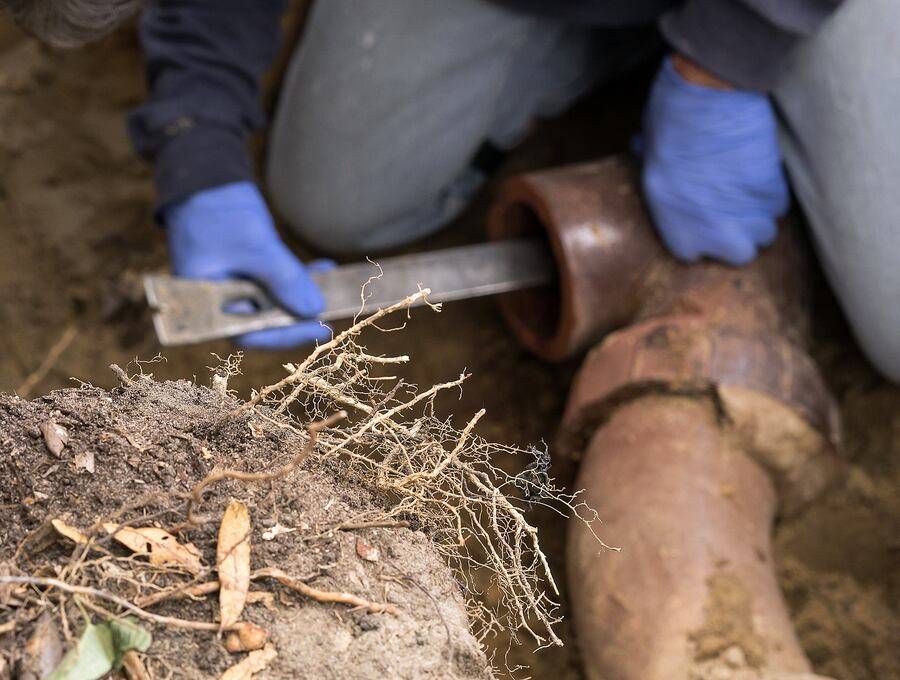

 Jan 31,2023
Jan 31,2023